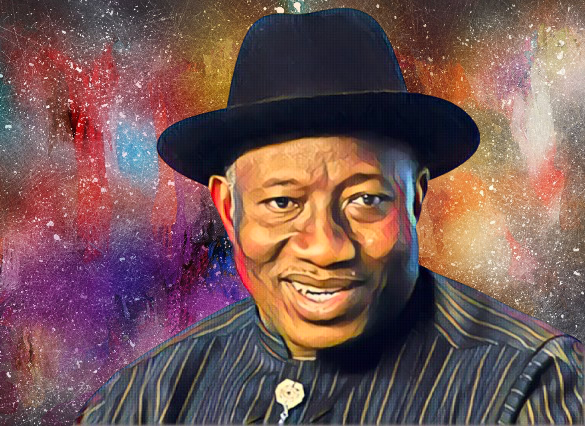Key Points
-
African newsrooms seek AI compensation through licensing deals.
-
One-party dominance risks political instability, Jonathan warns.
-
A fair political system must avoid manipulation and centralization.
Former President Goodluck Jonathan has raised a red flag over the growing wave of political defections and the potential establishment of a one-party system in Nigeria.
He issued the warning on Wednesday during a memorial lecture in Abuja held in honor of the late Chief Edwin Clark, former federal commissioner for information and South-South leader.
Jonathan argued that a one-party state could suffocate democratic space and plunge the country into political instability.
He warned that efforts to impose such a system through manipulation, rather than due process, could lead to national anarchy.
Reflecting on historical contexts, Jonathan cited Tanzania under Julius Nyerere, where a one-party model helped unify a diverse nation.
However, he emphasized that Tanzania’s model emerged from procedural consensus—not political coercion.
Former president links rising defections to systemic manipulation
The former president’s concerns come amid a surge in defections from opposition parties like the Peoples Democratic Party (PDP), Labour Party (LP), and New Nigeria Peoples Party (NNPP) to the ruling All Progressives Congress (APC).
Jonathan noted that political realignment is natural in democracies, but warned that when it becomes too lopsided, it raises red flags.
A healthy political system, he said, must support competition and inclusion—not domination by a single political force.
According to him, if Nigeria ever finds a one-party system desirable, the transition must be guided by a fair, inclusive, and constitutional process.
Anything less would destabilize the country’s democratic foundations.
Jonathan honors Clark, urges unity and political integrity
Speaking on the life and legacy of Chief Edwin Clark, Jonathan described him as a father figure and a symbol of courage.
He said Clark stood firmly for justice, never hesitating to confront power when necessary.
“His memory was unmatched,” Jonathan recalled. “No one can replace him.”
Jonathan praised Clark’s contributions to national discourse and his advocacy for equity in Nigeria’s political system.
He urged the current generation of leaders to uphold Clark’s values of integrity and forthrightness—especially at a time when democratic structures appear threatened by political consolidation.
As Nigeria navigates its evolving political landscape, Jonathan’s message is clear: strengthening democracy requires checks, balances, and respect for multiparty participation.
Without these, Nigeria risks sliding into authoritarianism under the guise of stability.



